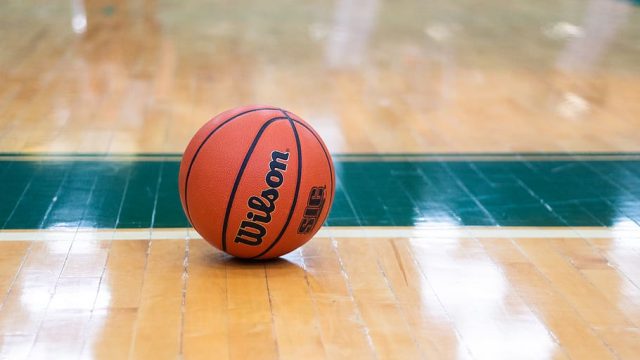
June 26, 2024 — In a significant policy shift, the NCAA Division I Council has voted to remove cannabinoids from its list of banned substances for championships and postseason participation, effective immediately. This decision marks a progressive step towards focusing on student-athlete health and well-being rather than punitive measures for cannabis use.
“The NCAA drug testing program aims to ensure the integrity of competition, and cannabis products do not provide a competitive advantage,” stated Josh Whitman, chair of the council and athletics director at Illinois. “Our focus is now on policies that center on student-athlete health and well-being.”
This change means that any penalties currently being served by student-athletes who previously tested positive for cannabinoids will be discontinued. The NCAA’s decision reflects a broader trend of reevaluating cannabis policies in the context of changing societal attitudes and the substance’s increasing legalization and medicinal use.
Changes to Football Coaching Regulations
In addition to the cannabis policy update, the NCAA Division I Council approved a rule change allowing any staff member to provide technical and tactical instruction to student-athletes during practice and competition. This change, proposed by the Football Bowl Subdivision (FBS) and Football Championship Subdivision (FCS) Oversight Committees, is effective immediately.
However, the number of staff members allowed to participate in off-campus recruiting remains unchanged. FBS teams are limited to 11 off-campus recruiters, while FCS teams are limited to 13. National service academies can have an additional four off-campus recruiters.
“NCAA members continue efforts to modernize support for student-athletes, and removing restrictions on skill instruction in football will provide those student-athletes with increased resources to achieve their greatest on-field potential,” Whitman said. “Maintaining limits on recruiting personnel will preserve competitive balance while localizing decision-making on maximizing support for student-athletes.”
Additional NCAA Rule Changes
The council also implemented several other significant changes:
- Official Visits: Restrictions on official visits for basketball and baseball have been lifted, allowing programs to provide as many official visits as needed to maintain rosters year-to-year.
- Basketball Foreign Tours: Student-athletes are now allowed to compete in more than one foreign tour with the same school, and women’s basketball programs can compete against another Division I program during a foreign tour.
- Recruiting Calendars: Adjustments have been made to FBS and FCS recruiting calendars to account for the decision to move football’s early signing date to the first week of December and to balance recruiting activities with postseason preparations.
These changes are designed to enhance the student-athlete experience, streamline recruiting processes, and ensure that programs can effectively manage their rosters and competitive schedules.











